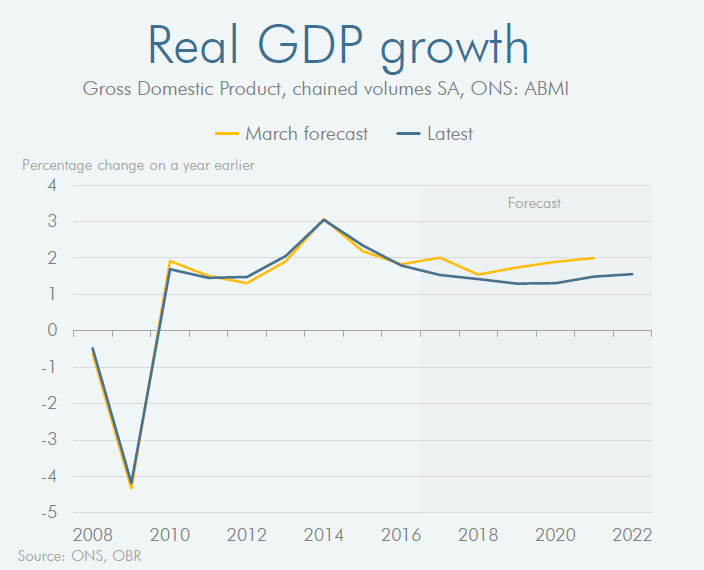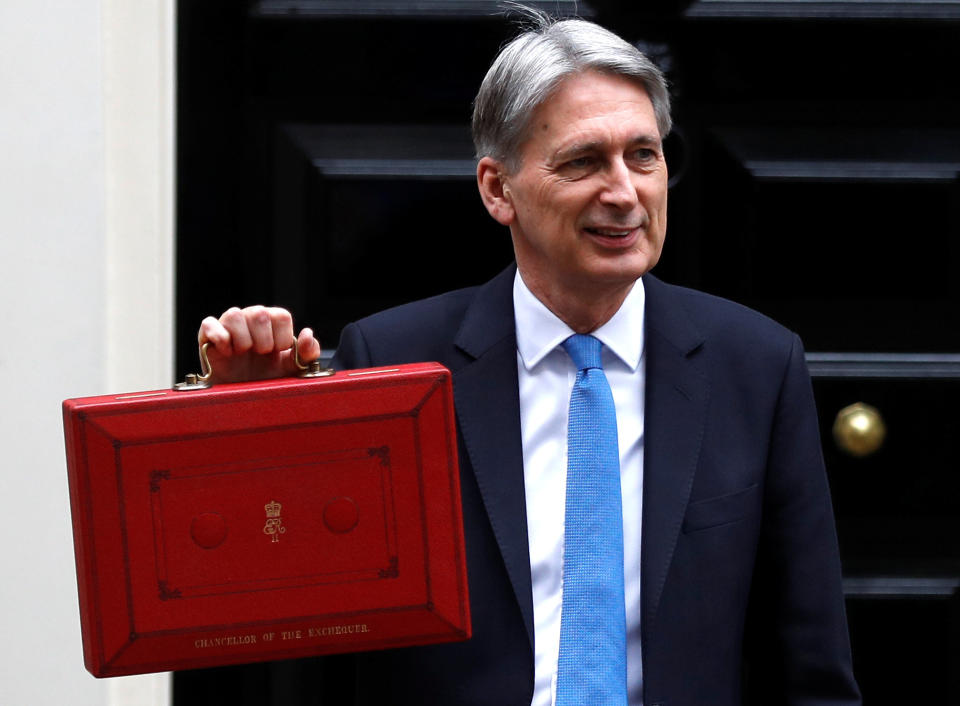British workers' pay will be 'astonishingly' bad for decades, experts warn

British workers’ pay is “astonishingly” poor, and in danger of stagnating for two decades, experts have warned.
Paul Johnson, head of the Institute of Fiscal Studies think-tank, said it was “unprecedented” to predict earnings in 2022 could still be less than in 2008. He said earnings growth has been “choked off” since 2014.
He added: “We are in danger of losing not just one but getting on for two decades of earnings growth.”
His grim warning came after another think-tank, the Resolution Foundation, said Britain was facing its longest, sustained fall in living standards for 60 years.
MORE: Budget 2017: All you need to know about the stamp duty axe and housing plans
It said current income squeeze was set to be longer than that which followed the post-2008 financial crash. Real household disposable incomes are set to fall for an unprecedented 19 successive quarters between 2015 and 2020, it said.
In its post-Budget analysis, the Foundation said that tax and benefit changes introduced since 2015 are now having a very real impact on household finances.
The poorest third of households are set for an average loss of £715 a year by the end of this parliament in 2022, while the richest third gain an average of £185.

Torsten Bell, director of the Foundation, said: “Faced with a grim economic backdrop the chancellor will see this Budget as a political success.
“But that would be cold comfort for Britain’s families given the bleak outlook it paints for their living standards.
“Hopefully, the OBR’s forecasts will prove to be wrong because, while the first sentence of the Budget document reads ‘the United Kingdom has a bright future’, the brutal truth is: not on these forecasts it doesn’t.”
MORE: Budget 2017: nothing for savers but more money on Brexit

Chancellor Philip Hammond yesterday revealed that the UK was set for a long period of very sluggish growth.
The Office for Budget for Budget Responsibility predicted this decade could become the worst for productivity growth since the 1810s, bumbling along at well below 2% for the next five years.
The OBR’s figures suggest the economy is expected to be £42bn smaller in 2022 than was forecast in March this year.
MORE: What the Budget means for your taxes, explained with simple tables
While the Foundation report states that public finances are not too disastrous, it looks “unremittingly grim” for family finances.
It estimates that average pay will not have recovered until 2025 – 17 years after the squeeze first began.

The Foundation is also highly critical of the move to axe stamp duty for first-time buyers on homes up to £300,000.
It claimed the policy would cost £600m a year – equivalent to £160,000 for every additional home owner created.
That sort of money would build 140,000 new homes, said the Foundation.
“On the substance of the Budget the chancellor has made the right call in boosting housing investment and focusing on this key issue of intergenerational concern,” added Bell.
“However, yesterday’s stamp duty rabbit is in reality a very poor way to boost home ownership.”


